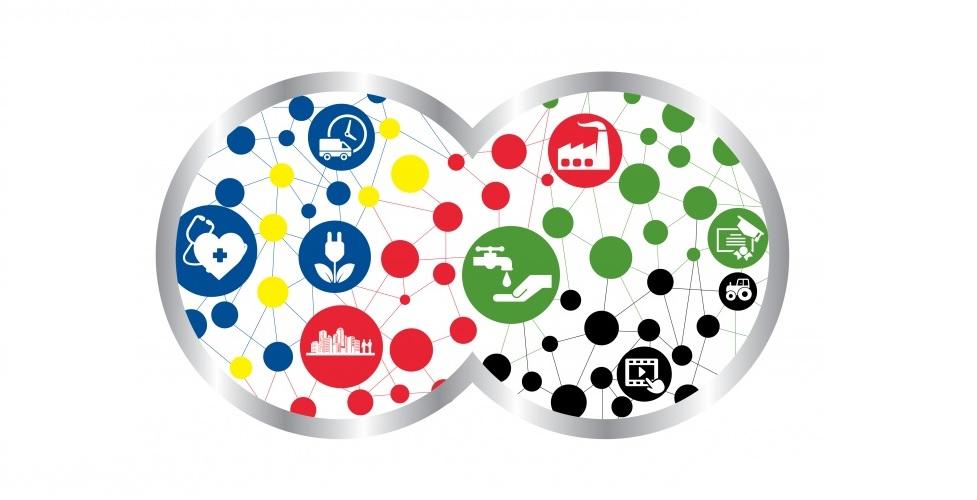Interactive map of EU and EU Member States funded projects

The European Union (EU) has a long-standing commitment to the vision of an independent and sovereign state of Palestine living side by side with Israel in peace and security. To this end the EU is working closely with the Palestinian Authority (PA) to build viable institutions that are essential to a future democratic state. In a neighbourhood facing new challenges, the partnership between the EU and the PA, guided by the principles of mutual accountability and deep democracy, remains strong.
The relationship between the EU and Palestine is based on an interim Association Agreement within the European Neighbourhood Policy. This aims to ensure close political, economic and social cooperation between the EU, the Palestinian Authority and the Palestinian people based on an agenda of reforms set out in an agreed Action Plan.
The Palestinian context (a territory under 50 years of occupation) is unique in many ways. The lack of control over land, water, physical boundaries and revenue; the administrative and political fragmentation; a discriminatory planning environment of fundamental uncertainty; and the regular and persistent violations of human rights and international humanitarian law prevent the Palestinian society and economy from realising their potential in all respects. In addition, the narrative about Palestine is only to a very limited extent controlled by Palestinians themselves. The application of traditional development instruments in an environment, which is far removed from a normal and reasonably stable development situation, proves extremely challenging. Palestine is a sui generis case for aid delivery and cooperation. In line with the EU’s political objective of achieving the two-state solution, and under these constraining conditions, much of the support provided so far by the EU has focussed on offering protection, improving the livelihoods of Palestinians, as well as preparing their institutions for statehood. Against this background, the generous flow of aid that has accompanied the EU’s commitment and numerous interventions for the last two decades remain far beyond expectations. The deterioration of the situation, the lack of trust and of hope (in particular amongst Palestinian youth), accompanied by a continuing cycle of violence, are acknowledged. In this context, and despite the respective national positions of Member States (MS), the Office of the European Union Representative and European Union Member States (EU MS) have worked towards an EU Joint Programming (EU JP) in Palestine since 2011. Two likeminded countries (Norway and Switzerland) joined the process and joint work in October 2013.
Based on the context and consultations described above, the European Joint Strategy proposes to follow a number of guiding principles and to focus interventions under the following five Pillars, which are closely interrelated and are seen to best represent the confluence of the European and Palestinian priorities. Cross-cutting issues are mainstreamed in the five Pillars:
1. Governance Reform, Fiscal Consolidation and Policy
2. Rule of Law, Justice, Citizen Safety and Human Rights
3. Sustainable Service Delivery
4. Access to Self-Sufficient Water and Energy Services
5. Sustainable Economic Development
To know more about EU and EU Member States projects in Palestine, please check our Interactive Map
